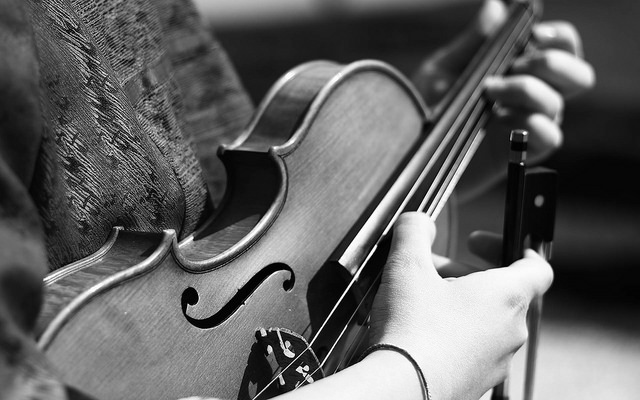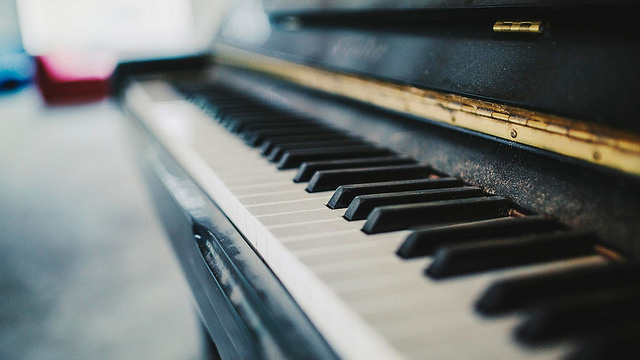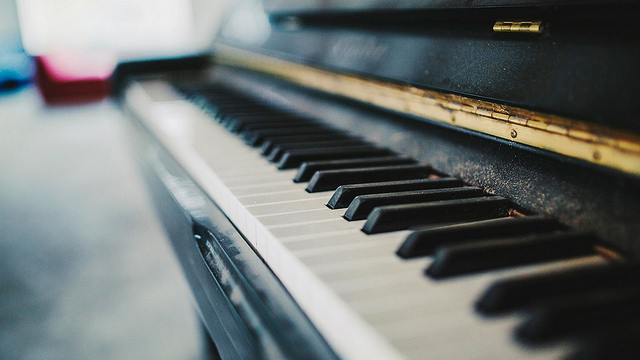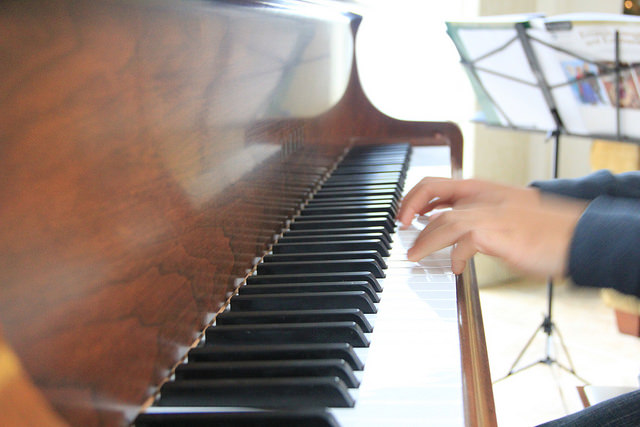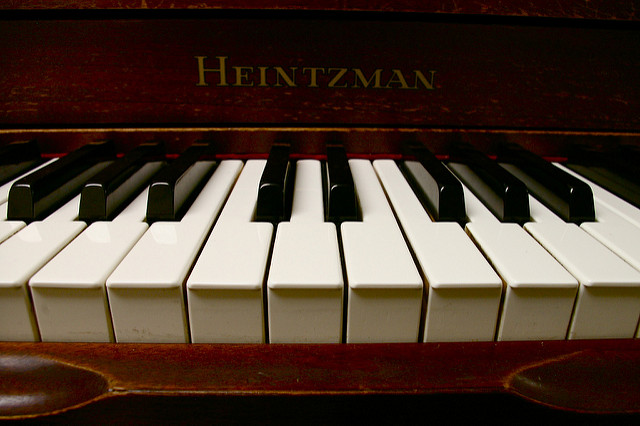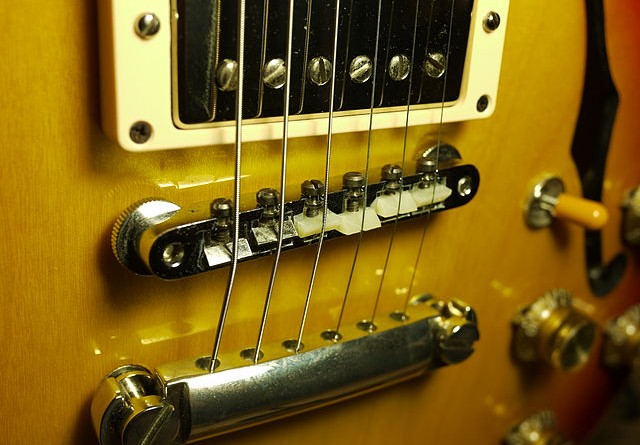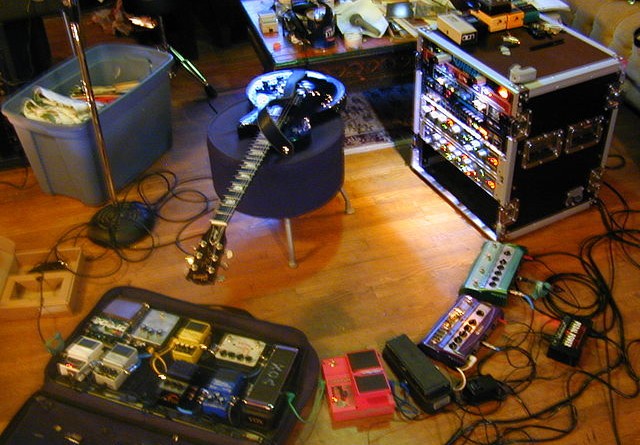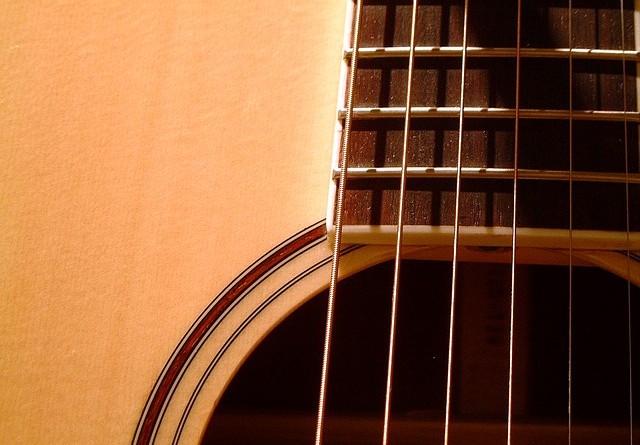Music Gear
Music has become an integral part of society. Children and adults of all ages enjoy listening to quality music or even participating in the creation of new music. In order to be able to participate in musical pursuits, music gear is absolutely necessary. Unfortunately, music gear can often be very costly depending on the instrument or individual’s purpose.
Drum kits, pianos, and guitars are some of the most common music gear found in everyday households. These instruments can be relatively cost effective when purchased gently used, or in discount stores. However, many individuals view music gear as long term investments, which makes them more willing to spend a premium on obtaining the very best available. Niche musical instruments such as flutes, saxophones, and violins are also popular, although not quite as conventional as the ones previously mentioned.
It is vital to consider the hidden costs of music gear. These hidden costs include but are not limited to the upkeep of the instrument, lessons, and sheet music. For example, pianos need to be tuned by a professional periodically, which is a cost that should definitely be expected by future piano owners. In contrast, guitars can usually be set up and tuned by the guitar player, as long as the guitar player is familiar with popular set up and tuning techniques. These techniques can usually be found at no cost online, or are learned in a private or group lesson with a professional. Naturally, lessons can vary greatly in price depending on the instructor. Famous and accomplished musicians usually charge unfathomable amounts to students who wish to achieve a fraction of their music instructor’s greatness. Music lessons can also be found at relatively no cost through self instruction, or free tutorial videos online. It is up to the consumer to decide what kind of music upkeep and lessons are best suited to their personal capabilities and needs.
Music is undoubtedly tied in with popular culture. The advent of video games has further increased the accessibility of musical performances for the regular individual. Games that feature guitar and drum like equipment that is connected to scoring mechanisms on the screen have increasingly grown in popularity over the last few years. These video games are able to give amateur musicians the sense of accomplishment and success, which is traditionally reserved for elite musicians. Drumming now suddenly becomes a live performance in front of a crowd of thousands, as a high school student is transformed into his alter ego of a rock star. Hopefully, video games that involve music will increase children’s desire to have real music gear. Playing an instrument has been associated with better academic performance, which would surely have a positive impact on modern youth. The cost of one simple instrument or a musical video game can pay dividends, as they can help a struggling student achieve academic success.

